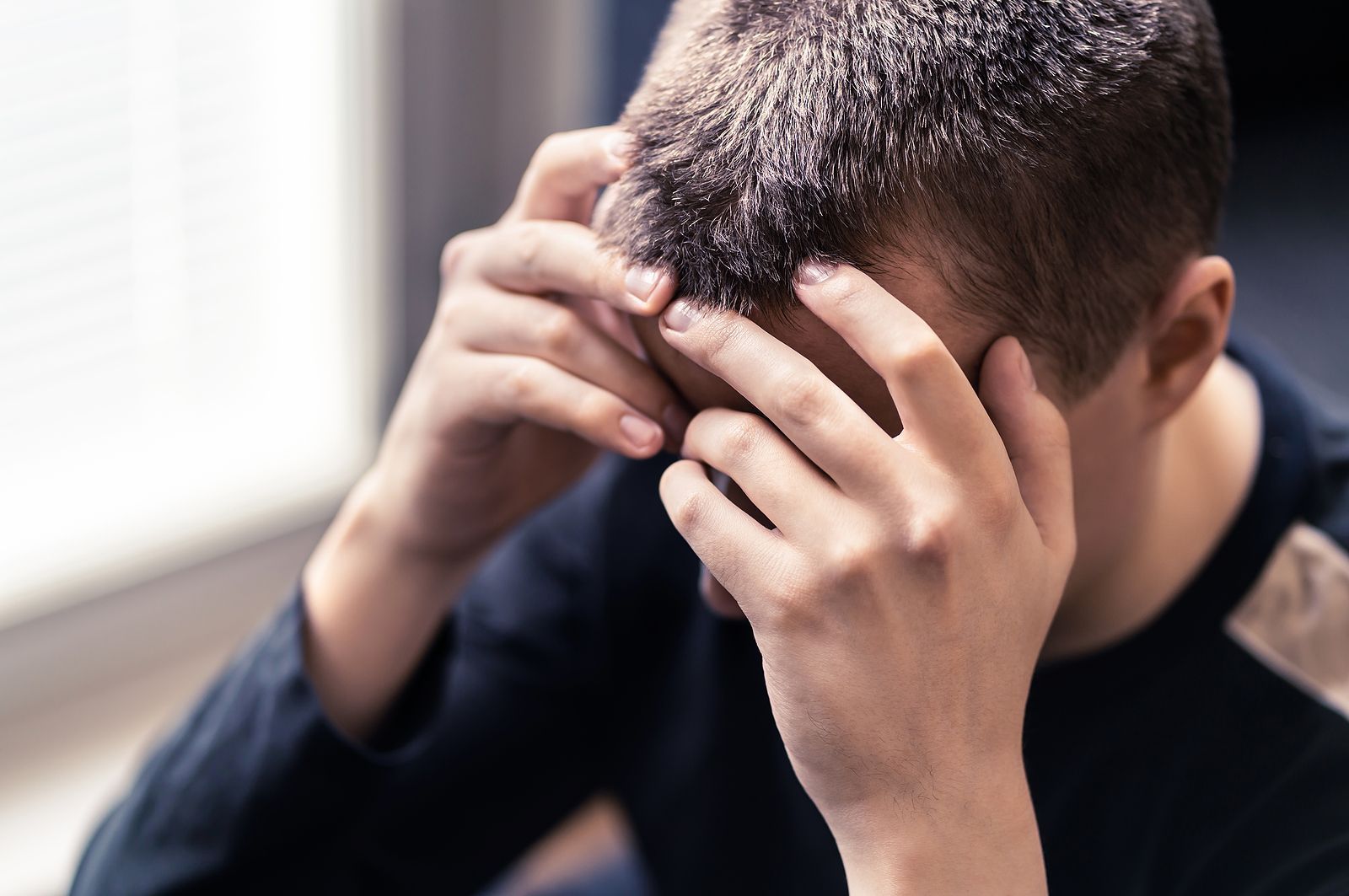Explore Our Blog
Common Triggers and How to Overcome Them
Advance Minds Blog
A safe space to explore subjects within the community such as mental health, substance abuse and personal identity.
Our safe space also provides the opportunity for real individuals to express their hardships and success through writing.
In addiction recovery, one of the biggest challenges is learning how to deal with triggers — those people, places, emotions, or memories that increase the urge to use drugs or alcohol.

Recognizing these triggers and developing strategies to cope is essential for long-term success.
Here’s a breakdown of the most common triggers and how to overcome them.
1. Stress and Anxiety 😰
- Daily life stressors like work, relationships, or finances can lead to overwhelming emotions.
- Many turn to substances to numb anxiety or escape pressure.
- Without proper coping tools, stress can lead to relapse.
How to Overcome:
Practice deep breathing, mindfulness, exercise, or journaling. Talk to a therapist or support group regularly to process stress in a healthy way.
2. Negative Emotions 😔
- Feelings of sadness, anger, guilt, or shame can become intense in recovery.
- Emotional pain is a major trigger, especially in early sobriety.
- Avoiding these feelings rather than facing them can increase the urge to use.
How to Overcome:
Name your emotions without judgment. Use positive outlets like creative expression, therapy, or grounding techniques to manage difficult feelings.
3. Social Pressure 🍻
- Being around people who drink or use drugs can make you feel tempted or left out.
- Some may even encourage relapse or dismiss your recovery journey.
- Social gatherings or holidays can be especially tough.
How to Overcome:
Plan ahead. Bring a sober friend, leave early if needed, and practice saying “no” confidently. Choose events that align with your sobriety goals.
4. Certain Places or People 🏙️
- Returning to old environments where you used can bring up cravings.
- Seeing people from your past who are still using is also risky.
- Your brain may associate these cues with past substance use.
How to Overcome:
Avoid high-risk places early in recovery. Gradually face them with support when ready. Create new, positive environments that support your goals.
5. Boredom or Loneliness 🕰️
- Unstructured time can lead to overthinking or feeling isolated.
- Many turn to substances simply because they feel bored or disconnected.
- Lack of purpose makes it easier to relapse.
How to Overcome:
Fill your schedule with meaningful activities — hobbies, volunteering, classes, or exercise. Build connections with sober friends or groups.
6. Celebrations and Success 🎉
- Oddly, even positive events like promotions or birthdays can trigger relapse.
- The urge to “reward yourself” or “celebrate” can bring old habits back.
- Success may also create unexpected pressure or self-doubt.
How to Overcome:
Celebrate in new, healthy ways. Treat yourself to something positive — a massage, trip, or outing with sober friends. Stay mindful of your intentions.
7. Fatigue or Physical Illness 😴
- When you’re tired or sick, your emotional and mental defenses are down.
- The body seeks relief, and cravings can intensify.
- Lack of sleep or proper nutrition affects brain chemistry and mood.
How to Overcome:
Prioritize rest, hydration, nutrition, and medical care. Know when to slow down and practice self-compassion. Recovery is physical as well as mental.
8. Reminders of Trauma or Past Pain 🔁
- Flashbacks, anniversaries, or familiar sights/sounds can reopen emotional wounds.
- Trauma survivors often use substances to cope with painful memories.
- These reminders can appear suddenly and trigger overwhelming emotion.
Final Thoughts
Triggers are a normal part of the recovery journey — but they don’t have to control you.
The key is awareness, planning, and having the right tools and people around you.
By preparing for triggers before they happen, you can respond with strength and stay on the path to long-term recovery. 💪🌱

















